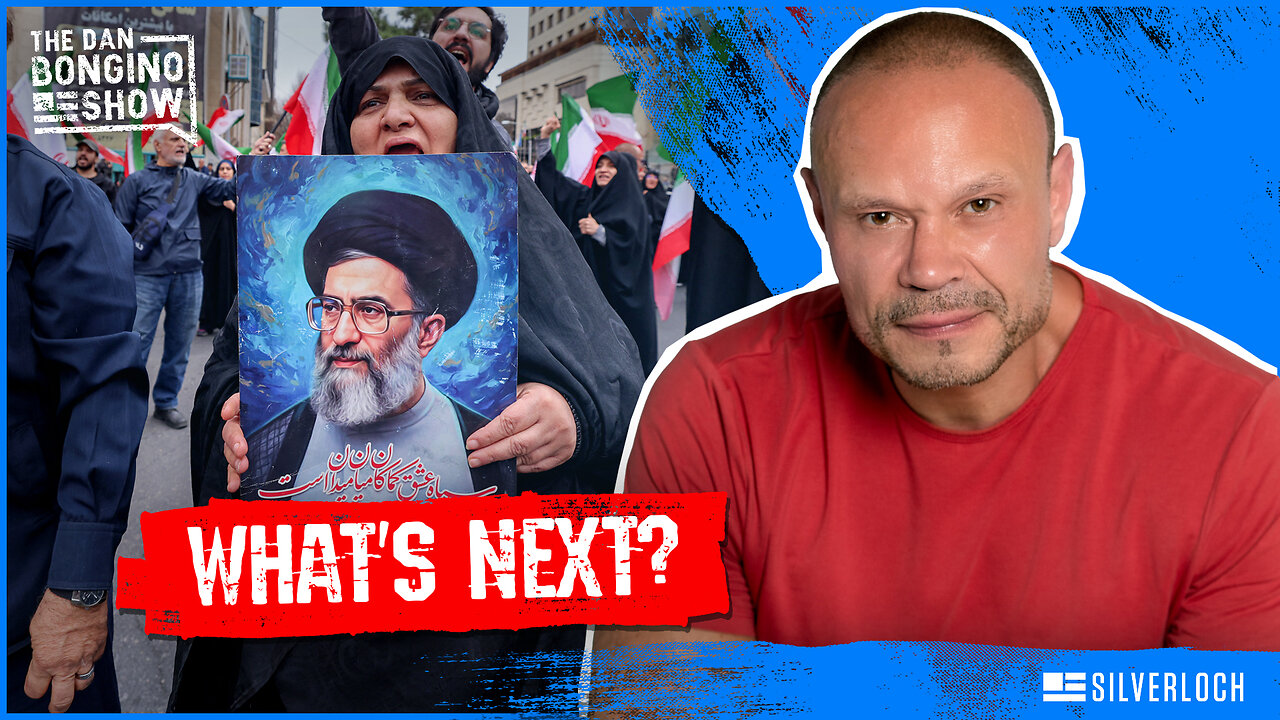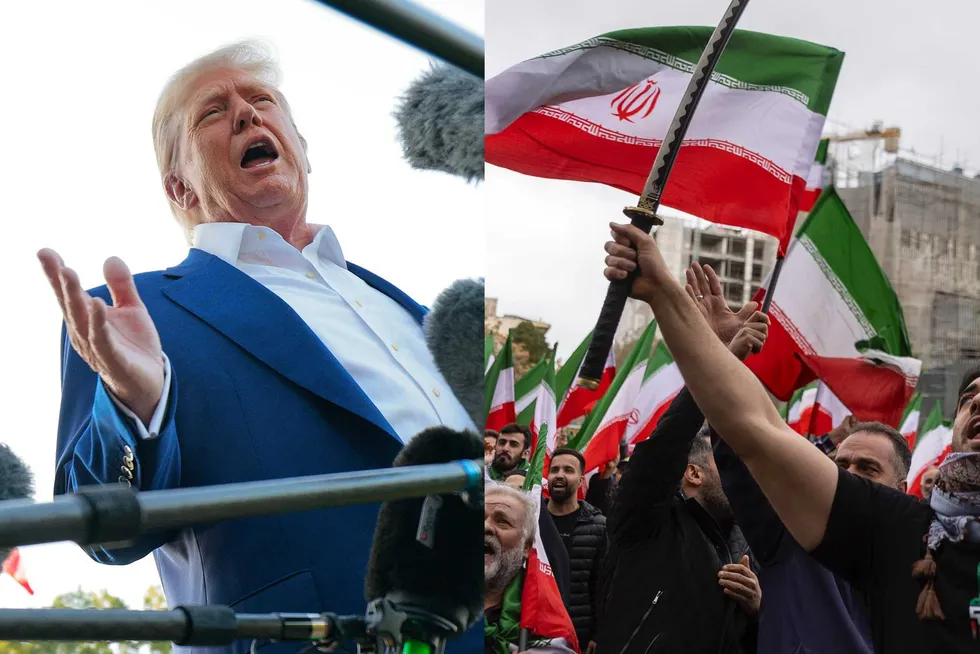Ending 30 Years of Failed Nation-Building in the Balkans

30 years ago today, leaders from the detritus of the former Yugoslavia gathered at Wright-Patterson Air Force Base in Dayton, Ohio to end a brutal conflict that pitted new democracies Bosnia-Herzegovina, Croatia, and Slovenia against the Serb-dominated communist regime.
Live Your Best Retirement
Fun • Funds • Fitness • Freedom
The war killed tens of thousands, displaced millions, caused billions in damage, and added ethnic cleansing, rape camps, and genocide to our contemporary lexicon. But while Croatia and Slovenia eventually joined NATO and the European Union, Bosnia-Herzegovina to this day remains locked in a never-ending nation-building vortex that has sucked its sovereign lifeblood dry, destroyed its economic future, threatened regional security, and deepened inter-ethnic distrust.
The leaders at Dayton envisioned a decentralized state composed of a Serbian Republic and a Muslim-Croat Federation with constitutional guarantees of self-governance and equality for all. But following the peace accord’s signing, foreign diplomats met in Bonn, Germany to neuter these guarantees and assign themselves “final authority” over Bosnia-Herzegovina through an all-powerful “Office of the High Representative.” As the 9/11 terrorist attacks refocused America’s global attentions, Europe was handed the lead to transition the country to normalcy.
These “Bonn Powers” have allowed successive high representatives to remove scores of elected officials (including presidents) and veto hundreds of pieces of legislation passed by elected officials. All this power was exercised in tandem with three foreign judges (German, Swiss and Albanian, respectively), who sit on the country’s Supreme Court to impose a fictional Bosnian civic one-man-one-vote identity.
This governance approach is anathema to both Croat and Serb communities as it would create a centralized Muslim-majority state. Those communities need only look to the Middle East to see the sad fate of Christians living under Muslim rule.
But the arrival of the current high representative, Christian Schmidt, a former German minister of agriculture, pushed the country to the tipping point. Last year, capping a series of interventions, Schmidt dismissed the elected president of the Serbian half of the country for “defying” his orders. It set off theworst political crisis since the war ended.
Meanwhile, pro-West Croats, suffering from three decades of discrimination within a Muslim-dominated federation that has reduced their population by 60%, see little future in a state that systematically denies them constitutional equality unless they obtain a separate confederate entity of their own.
Bosnia-Herzegovina’s dysfunction has given Russia,China, and Iran opportunities to undermine NATO’s vulnerable southern flank. Constant inter-ethnic tensions have radicalized a segment of the Muslim community, resulting in government-sponsored acts of anti-Semitism.
Enter the Trump administration, which urgently and deftly intervened to walk back Schmidt’s overreach. The Serbs retracted their threat to secede, but the fundamental obstacle to the country’s stability remains: hyper-interventionist European diplomats who resist giving up their nation-building powers.
Last May, President Donald Trump made clear his disdain for nation-building as “wrecking far more nations than [it] built.” At a NATO parliamentary event, Deputy Secretary of State Chris Landau warned that the United States was “not interested in imposing a vision of society that reflects the preferences of distant bureaucrats.”
The State Department last month reiterated that “the United States is no longer pursuing nation-building or heavy-handed international intervention… Now is the time for local solutions.”
Could Bosnia-Herzegovina finally govern itself after 30 years lost to the hubris of power-hungry European bureaucrats?
Not yet. In an unprecedent rebuke of the United States, Schmidt rushed to Berlin to shield himself against U.S. efforts to defang him. Within days, Germany’s ambassador in Sarajevo, himself a former senior OHR official, defended Schmidt’s role, doubling down on the Bonn powers as “essential for ensuring stability and progress in Bosnia and Herzegovina” despite clear evidence to the contrary. That was followed by a visit from Germany’s Foreign Minister affirming support for Schmidt as “indispensable for peace and stability.”
German muscle flexing against Washington, DC, however, does not change the reality on the ground. The high representative is the immediate source of political instability in the Balkans. Refusal to restore to Bosnia-Herzegovina’s three peoples the sovereign right to govern themselves merely abets radicalism from within and dangerous interference from without.
It is high time this nation-building experiment be put to rest.
The post Ending 30 Years of Failed Nation-Building in the Balkans appeared first on The Daily Signal.
Originally Published at Daily Wire, Daily Signal, or The Blaze
What's Your Reaction?
 Like
0
Like
0
 Dislike
0
Dislike
0
 Love
0
Love
0
 Funny
0
Funny
0
 Angry
0
Angry
0
 Sad
0
Sad
0
 Wow
0
Wow
0













































































